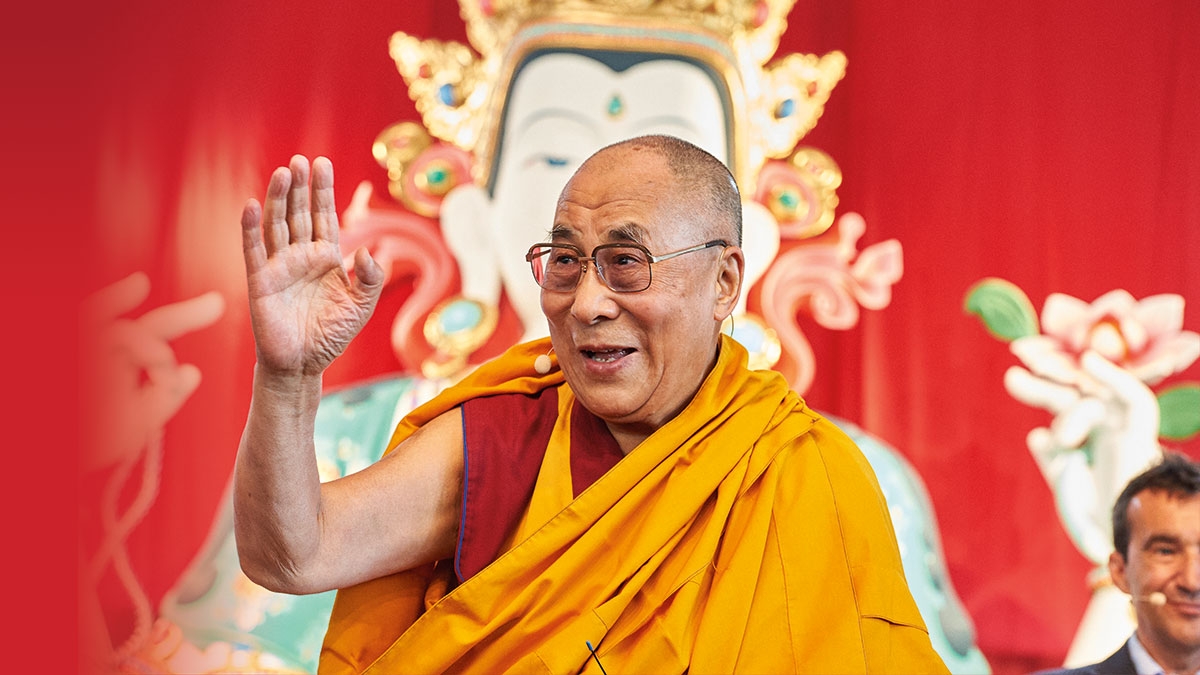A Modest Life Behind Global Influence
Despite his global recognition and spiritual leadership, the Dalai Lama maintains a surprisingly modest financial profile. This article explores the sources of his income, the controversies surrounding his net worth, and how he uses his resources to support humanitarian efforts.
Understanding the Dalai Lama’s Role and Lifestyle
The Dalai Lama, currently Tenzin Gyatso, is the 14th spiritual leader of Tibetan Buddhism and a global advocate for peace, compassion, and human rights. Unlike celebrities or political figures, the Dalai Lama does not earn a traditional salary. His lifestyle reflects his monastic vows, emphasizing simplicity and detachment from material wealth. According to Penn Book Center, his net worth is estimated at just $1, underscoring his commitment to spiritual values over financial accumulation.
Sources of Income and Financial Support
While the Dalai Lama does not engage in commercial ventures, he receives financial support through book royalties, donations, and speaking engagements. His published works—over 58 books on topics ranging from ethics to mindfulness—generate substantial royalties. Additionally, global organizations and followers contribute to his causes, helping fund educational, health, and humanitarian projects. As noted by La Voce di New York, some sources estimate his broader financial impact to be as high as $150 million, though much of this is directed toward charitable initiatives.
Controversies and Conflicting Reports
There is considerable debate surrounding the Dalai Lama’s actual net worth. Some reports, such as those from CelebsMoney, suggest a range between $100,000 and $1 million, while others claim he has no personal wealth at all. The confusion stems from the distinction between personal assets and funds managed by organizations affiliated with his mission. The Dalai Lama himself has stated that any income he receives is used to support causes aligned with compassion and education, not personal luxury.
Impact and Philanthropy
The Dalai Lama’s financial resources are primarily channeled into philanthropic work. He supports schools, health clinics, and refugee programs, particularly within the Tibetan exile community in India. His foundation and affiliated organizations promote interfaith dialogue, non-violence, and mental well-being. According to Market Realist, his influence far exceeds his monetary value, making him one of the most respected spiritual leaders in the world.
Conclusion
The Dalai Lama’s net worth is modest by conventional standards, reflecting his spiritual commitment and monastic lifestyle. While estimates vary, it is clear that any financial resources associated with him are used to advance humanitarian and educational causes. His legacy is defined not by wealth, but by the profound impact he continues to have on global peace, compassion, and ethical leadership.



